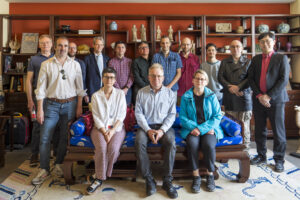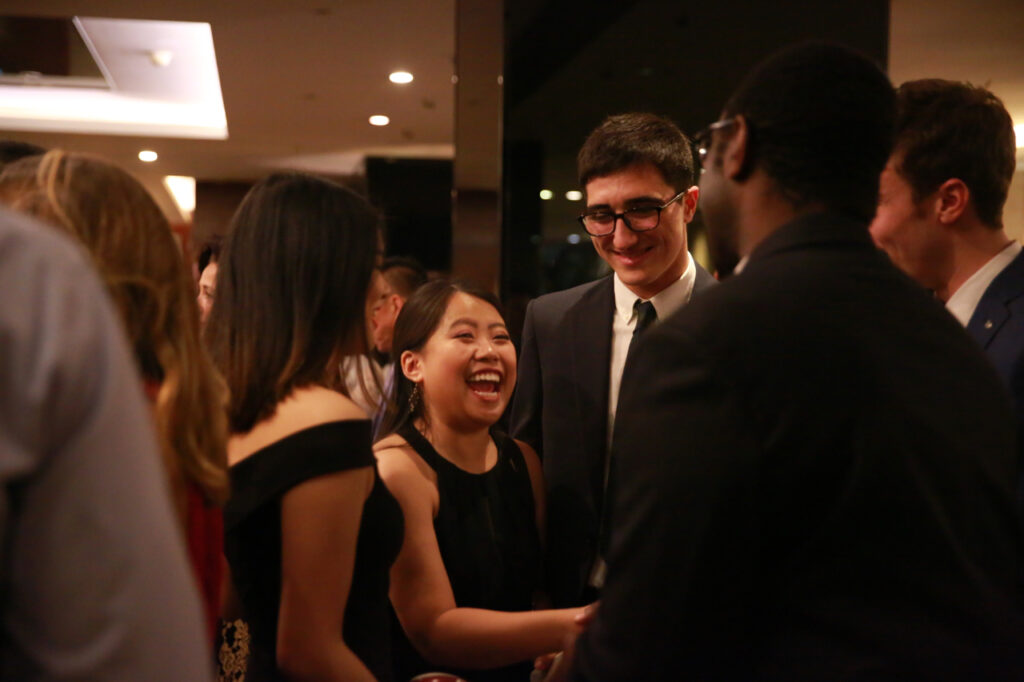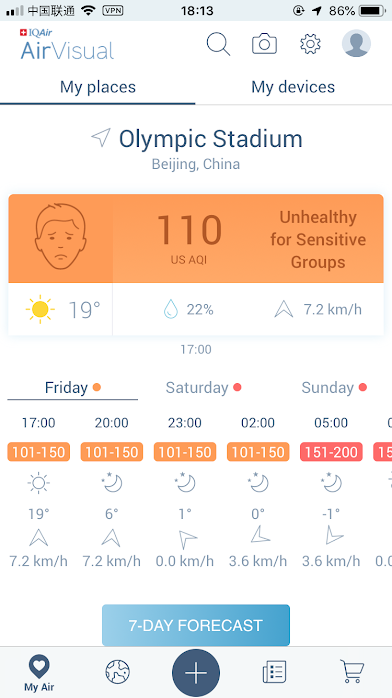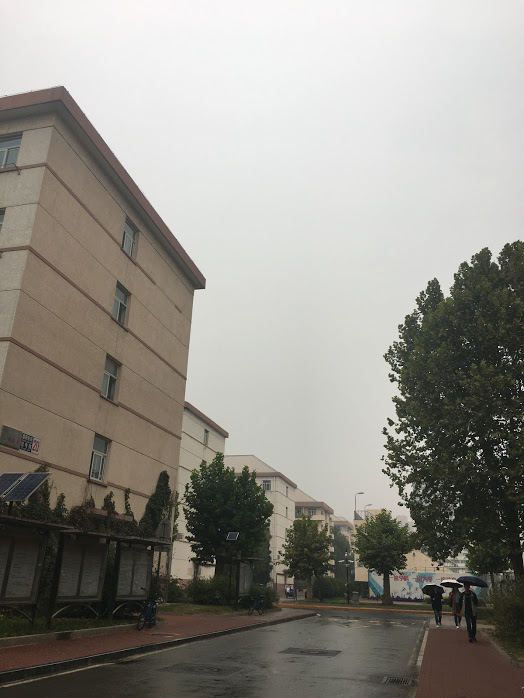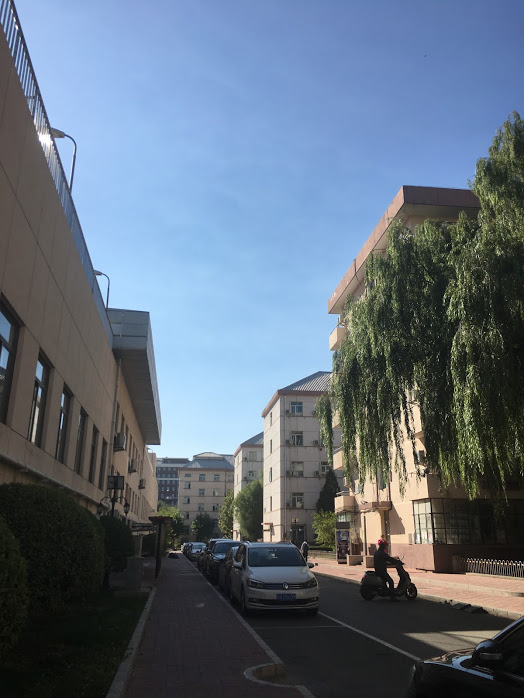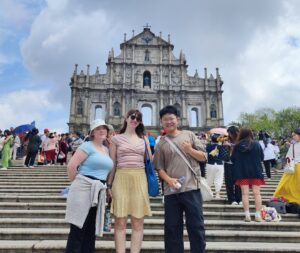I include these pictures to show that beautiful blue skies are still prevalent in China and that the air pollution is getting much, much better than where it was in the past. Before coming to China, my assumption was that the pollution was just plain bad, and that was an assumption created by ridiculous media coverage. I’m here to tell you that the pollution really isn’t all that bad to deal with, and my health is completely okay — the effects that one might get from directly breathing the air of a bad AQI day are only very temporary and manifest in like runny noses and sometimes headaches. I will wear a face mask whenever there’s a “red” or higher AQI. But the locals here, regardless if it’s a purple AQI day or not, don’t really wear masks: this is just what life is for them. As one of the Chinese roommates for TBC put it, “I’m used to it.”
In terms of water pollution, people just buy bottled water. The water here (including literally everything else) is really cheap (we’re talking maybe 30 U.S. cents for a 550 mL bottle of water and 40 cents for a 1.5 L bottle of water), so access to clean water is not a problem here.
I will dedicate an entire blog post about the food I’ve been stuffing my face with while I’ve been in China — you will have to wait until then to hear about the details of the amazing food here in China! Trust me, it’s quite different from the Chinese takeout back in the States. What I will say that food, along with water, is really cheap as well. Most of my meals are around $2, and I usually won’t spend more than about $7 on food per day. Plus, because of UIBE’s amazing restaurants and street food vendors around off campus, I rarely get bored of Chinese food. But more on that later.
So yeah, in conclusion, life is good! Homesickness is definitely a feeling that I get from time to time, I won’t lie, but I know that my time here will be over within a moment’s time, so I gotta enjoy it while it still lasts!
That’s about it in terms of how my days in China are going so far. I apologize for the lack of pictures for this blog; I promise the next one will have more. But I have to get back to studying for midterms now, so see you next time!
-Justine
